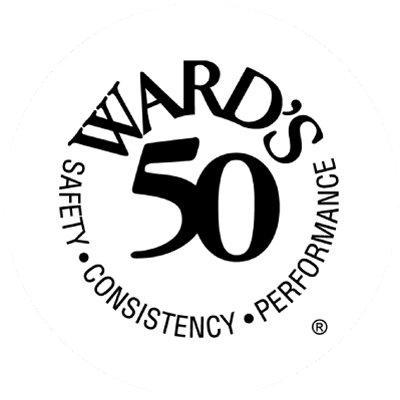
Every industry and each business contends with different levels of risk, both in terms of the probability of something happening and the severity of the consequences. With thorough research and the advice of trusted business advisors, your business can be protected and thrive for years to come.
Financial or Economic Risk
- Financial or economic risks are the biggest issues facing many businesses. Consider your cash flow, especially when launching your business. Think about where money will come from to maintain operations, pay employees, and invest in market position and growth.1
- As needed, make adjustments to your business plan to avoid harming your cash flow or being unprepared for an unexpected loss. Keep debt to a minimum and create a plan that will start lowering your debt as soon as possible.2
- Try to operate with a lean budget, including low overhead, to help you survive through a variety of economic cycles.
Liability Risk
- All organizations must remember the wide variety of liabilities they’re exposed to: employee or customer injuries, property damage, or failure to meet contractual obligations. Any of these situations could lead to lawsuits and fines.3
- Find an insurance agent that has experience and a good reputation in representing your industry, and work with them to find the proper coverages your business needs for protection.
- For those businesses with employees, always consult a labor attorney when crafting employment contracts and developing good human resource practices.
Insurance Policies that Can Help Mitigate Many Risks
- If you have employees, workers’ compensation insurance is mandatory. If your employee is injured on the job, for example, this coverage pays for medical bills and lost wages. This not only helps your employees, but can help protect your business from lawsuits.4
- Employment Practices Liability protects you against claims of discrimination, wrongful termination or harassment, and other types of work-related discrimination.
- Business Interruption Risk helps protect your business against interruption at any time due to many factors, such as property damage from hurricanes, fires, heavy snows or any other situation that may damage your business’s physical property.
Cyber Liability and Technology Security Risks
- Cyber risk is an increasing problem. Cyber criminals are getting more skilled at breaking into your business’ sensitive data. In addition, businesses are collecting more personal data from their customers, so there’s more room for potential cyber losses. Not only does this risk impact trust and reputation, but a company is also financially liable for any data breaches or fraud. To achieve effective enterprise risk management, focus on security solutions, fraud detection tools and employee and customer education about how to detect any potential issues. Cyber liability insurance can help protect your business, your customers, and you reputation.5
Reputation Risk
- Reputation risk is a threat to the good name or standing of a business or entity that can happen in many ways.6
- Reputation risk is one of the most commonly overlooked risks. All businesses face unhappy customers, product failure, or a lawsuit that can negatively impact an organization’s reputation. The growth of social media has also increased the speed of reputation risk.7
- Every organization should have a social media policy, clearly spelling out how employees should respond to customers and represent the company, both on business and personal pages.8
Compliance/Regulatory Risk
- Businesses face many laws and regulations, so it’s important to stay up-to-date on regulations from federal agencies such as the Occupational Safety and Health Administration (OSHA) and the Environmental Protection Agency (EPA).9
- Non-compliance may result in significant fines and penalties. Keep abreast of your industry’s regulations and remain aware of any government compliance changes.
Your first line of defense against many risks in your business is quality insurance. Establish a good risk management approach with an insurance agent who knows your business and your industry. These agents are invaluable partners in keeping your business running smoothly and successfully. In addition to a quality insurance agent, find a trusted business attorney, accountant and banker to keep your business thriving through all the risks you may face.
Sources:
1, 3, 5, 8. Clearrisk.com
2, 4, 7, 9. American Express



